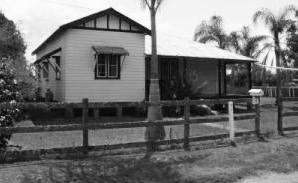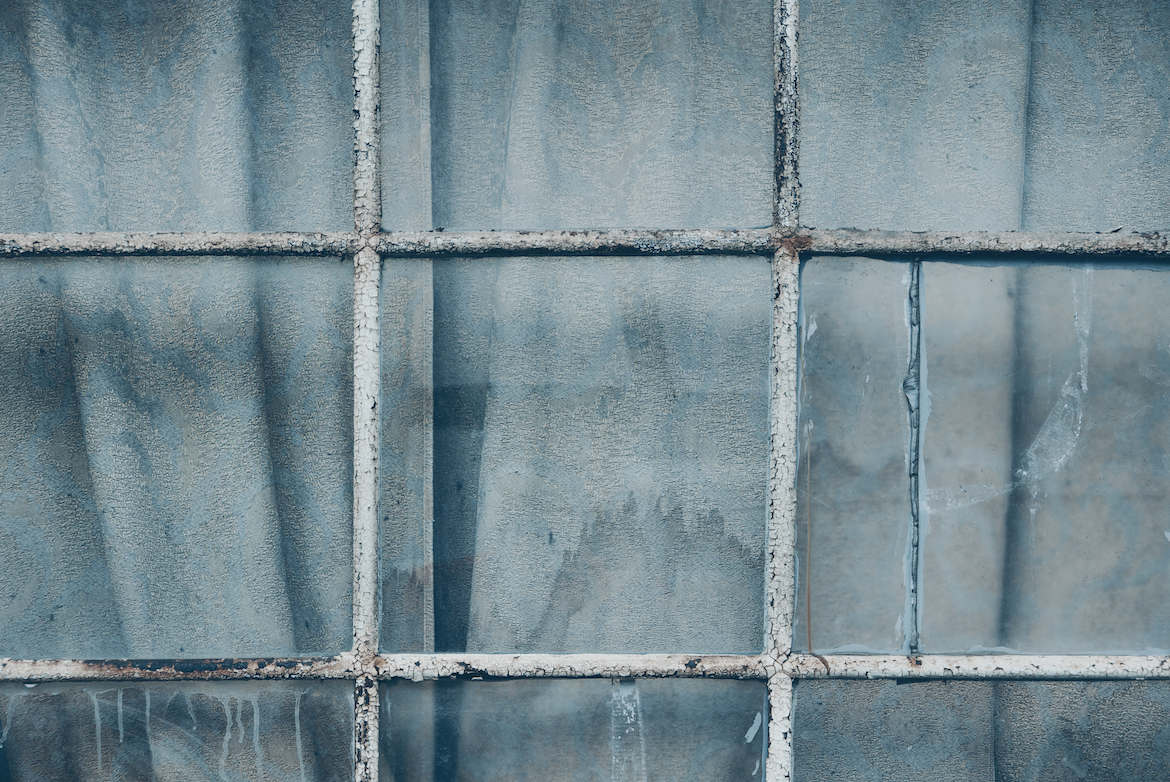The photo below is of my first childhood house at Waterview, via South Grafton. It was taken several decades after my time spent there within the bosom of my first family. I think it is the inspiration for the poem, below, which is probably my best.
Poetry is not my most practised genre, but I have been told that my prose writing is poetic and rhythmical. Like many writers, I lack confidence in my ability to create successful poems. For this reason, this post will be followed by recent research exploring poetry I carried out online: what it means to many others like me, struggling to understand and/or to produce it.
Some Poetry Definitions
In researching definitions and features of poetry, I came across a seemingly defunct wordpress website entitled Poetry Blog, which I found very useful:
- Poetry comes from a Greek word which means “to make or to create”. So a poem is something made or created and the poet is the creator, and language is the material out of which s/he creates his/her work of art.
- It is a very ancient art which was born as an oral form and accompanied by simple music and dance. it expressed what people regarded as meaningful and memorable in their lives: natural disaster, births and deaths, brave actions, dangerous enemies, battles.
- It was often part of religious rites. Poets and listeners enjoyed playing with words, choosing and arranging them to produce music and meaning.
- A poem is a self-contained text, which makes sense as it stands. It differs from prose most obviously because it is written in lines whose length is decided by the author, not the printer.
- How the poem looks on the page, its visual lay-out, is as important as its sound quality. A poem makes intense use of language, which results in a far greater concentration of meaning than is commonly found in prose.
- Today poems exist in printed form, but the careful choice and arrangement of words still account for the unique quality of poetry.
- Poems contain rhyme, rhythm, meter, imagery and structure in creating something that is more than prose.
The comments at the end of the post, What is Poetry? where followers tried to define or illustrate the main elements of poetry, were particularly fascinating and interesting for me:
- Quirky language within a set of rules
- Another way to tell a story
- Poetry is a supernatural thing that comes from inside
- To share an idea, thought, experience, mood
- Poetry is the art of saying a lot with few words
- Poetry is the unheard voice crying out to be heard
- The lines from the heart and soul, more so than the head.
- Poetry is beauty, sadness, pain, hope, glory, defeat, inspiration and motivation, all tied in together with a sprinkle of love from the authors
- Poetry is the flow of words that just come from nowhere and have to be put on paper before forgotten forever
- Poetry is what the reader reads it to be
- Poetry is an expression of the soul, connecting fantasy and reality.
- Poetry expresses ambiguity of meaning
Another useful source I came across for definitions of poetry was the website Run Spot Run. Some of the most interesting points are expressed as follows:
- The word “poem” comes from the Greek word, poíēma, “a thing made,” Poets are therefore artisans who build with words, though not necessarily complex or impressive words. Frequently the words from which a poem is constructed are quite humble, ordinary words.
- Poetry is organized into lines, the boundaries of which are decided by the poet, rather than by margin or page edge. The line lengths, the words with which lines begin and end, and the rhyme, meter and visual structure created by the line structure
- An economy of language is another feature, unlike that of prose. A poet examines each word critically – for meaning, musical value, emotional qualities and even a word’s relationship to the poem and to the page. In this way, via innovative and critical word choice, a poet will plumb meaning and significance in a short space.
A comprehensive list of definitions of Poetic genres can be found here: Elements of Poetry
Perhaps poetry always manages, by its nature, to escape being defined? What do you think?
My Father’s House
The rain is white words on the
tin roof of my father’s house
structured nail by nail
with work hardened hands
and world weary
eyes
Love is the vowels in between
the brick-like consonants
that ricochet and reverberate
in order to create
our family’s sanctuary
If our house could recite
its his-story
it would narrate in peals
of laughter and of squall
wrapped up in timber
hidden walls – the covers
on the book
of my father’s
sodden tale
© Anne Skyvington


Anne,
Yes! I too am an unfulfilled poet. When I read poetry it is an emotional experience, it fills me with joy and it also fills me with sorrow. When I try to write it mostly it fills me with frustration, so why do I keep trying?
“the trouble with poetry is
that it encourages the writing of more poetry,
more guppies crowding the fish tank,
more baby rabbits
hopping out of their mothers into the dewy grass.”
An excerpt from “The Trouble with Poetry: A Poem of Explanation”
by Billy Collins (born William James Collins March 22, 1941) an American poet, appointed as Poet Laureate of the United States from 2001 to 2003.
The REAL trouble with poetry is that it is a medium for experts … and I am not one.
Regards,
Ian.
I like that excerpt.
If you read your poem aloud it helps, I find.
You wrote a great poem about your granddaughter, as a guest post on my blog.
Keep writing poems, Ian.
Beautiful poem Anne, showing your love for your father. Loved your memoir piece on Smith House too..
Thank you for this, Dina